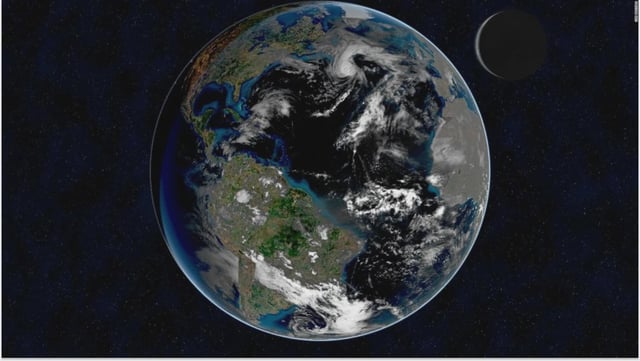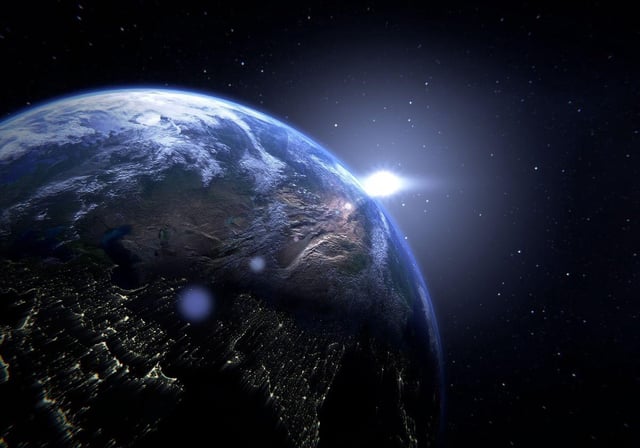Overview
- On August 5, Earth completed its rotation about 1.51 milliseconds ahead of the standard 24-hour period, marking the briefest day of 2025.
- Researchers anticipate several other days between July 22 and August 5 to register similarly shortened rotations due to seasonal acceleration.
- Ultra-precise ring-laser measurements at Wettzell and global atomic clock networks detect these millisecond-scale fluctuations and refine geophysical models.
- Long-term tidal and geophysical records project that Earth’s day length will gradually extend to 25 hours over the next 200 million years.
- The International Earth Rotation and Reference Systems Service is assessing the unprecedented use of a negative leap second to keep Coordinated Universal Time aligned with the planet’s spin.



